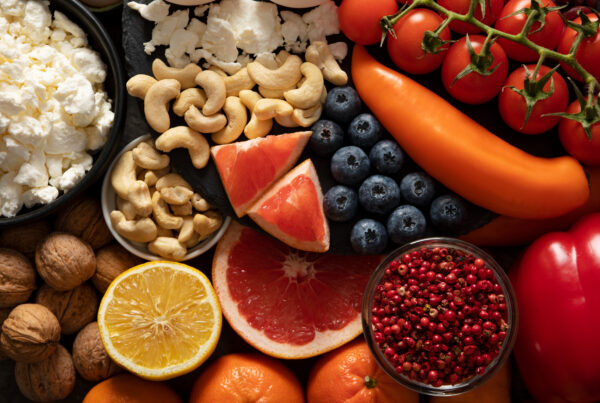Discover the best plant-based protein sources for a healthy, balanced lifestyle
Plant-based protein foods in India are becoming the go-to choice for health-conscious eaters. Whether you’re vegetarian, vegan, or just looking to eat cleaner, India offers plenty of natural protein-rich foods. From lentils to tofu, these options power your body while keeping meals delicious and wholesome. Let’s explore the top eight plant-based protein foods that fit every Indian kitchen.
1. Horse gram (kulthi dal)
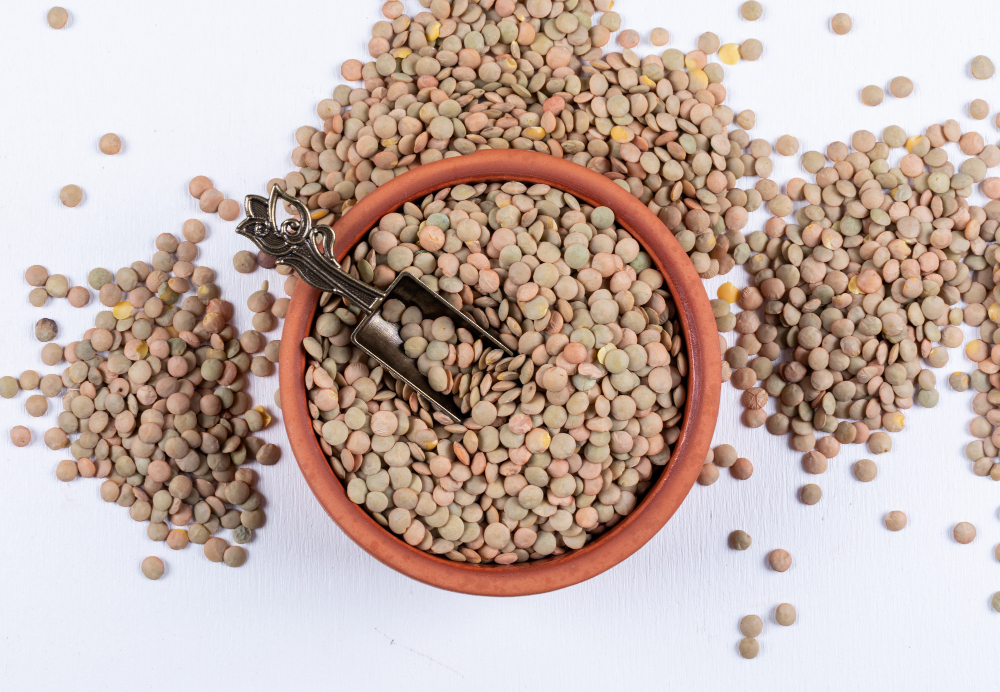
The Nutrient-Dense Indian Super Pulse
Horse gram (Kulthi Dal) is a protein-rich Indian pulse, packed with iron, calcium, and fiber. It’s perfect for hearty dals or soups, supports digestion, and boosts energy—making it a nutritious addition to any plant-based diet.
- Protein Content: ~22g per 100g
- Why Try: This rural superfood is gaining urban popularity for its energy-boosting and digestive benefits. Use it in curries or salads.
2. Bengal gram (chana dal)
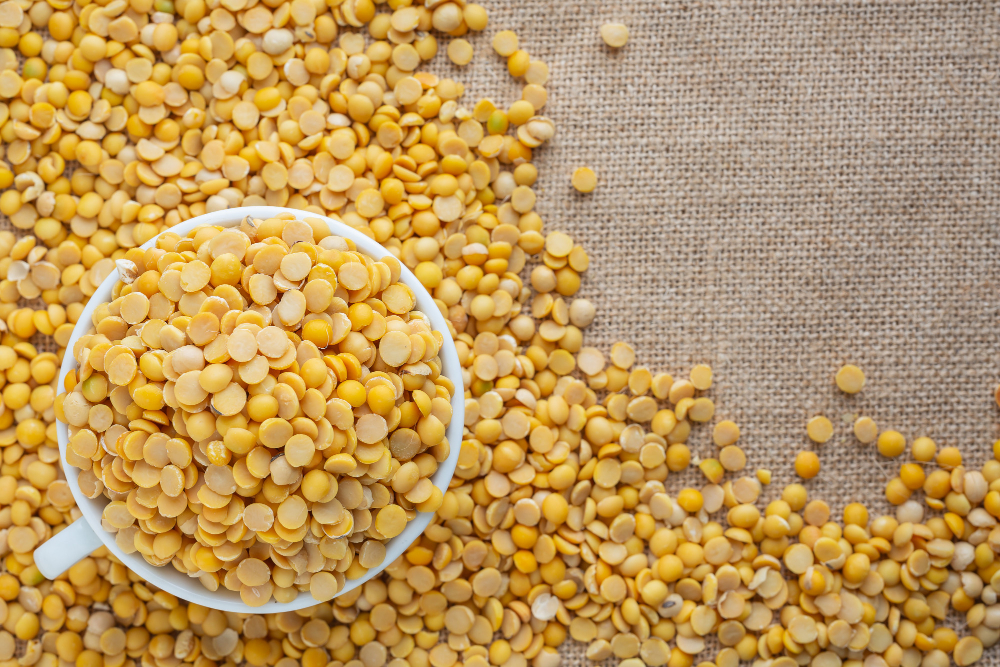
Bengal Gram : The Yellow Protein Powerhouse
Bengal gram (chana dal) is a protein-rich, fiber-packed pulse that supports energy and digestive health.
Per 100g (general values):
- Calories: ~350 kcal
- Protein: 22g
- Carbohydrates: 60g
- Fiber: 12g
- Iron: 25% DV
3. Avocado (butter fruit)

Avocado : The Creamy Nutrient-Rich Fruit
Avocado is a high-fat, nutrient-dense fruit packed with healthy fats, fiber, and vitamins.
Per 100g (general values):
- Calories: 160 kcal
- Protein: 2 g
- Carbohydrates: 8.5 g
- Fiber: 6.7 g
- Total Fats: 14.7 g (mostly monounsaturated)
4. Amaranth (rajgira)
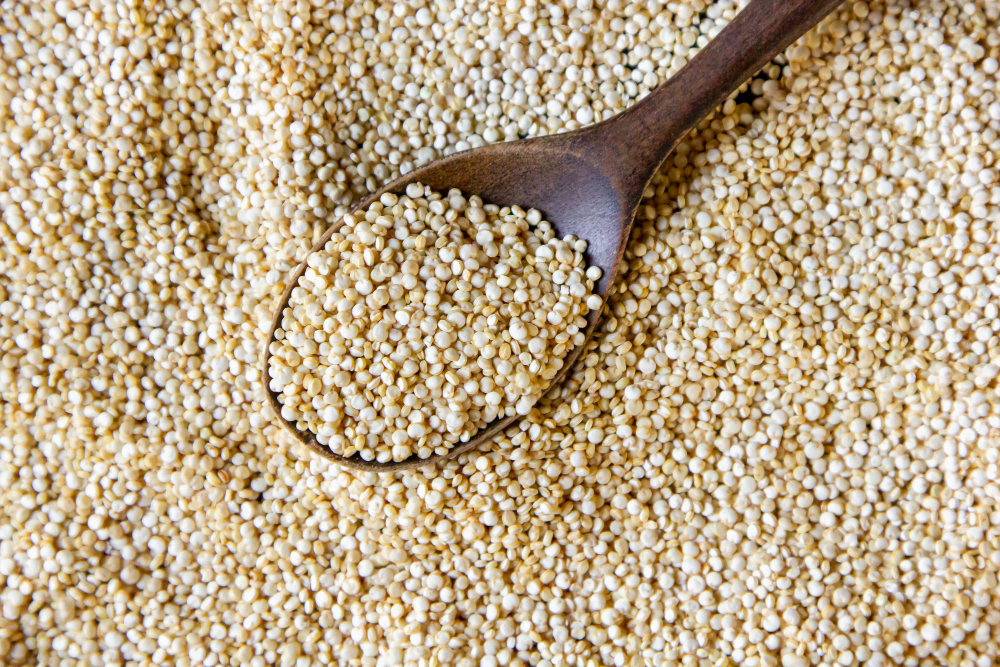
Amaranth (Rajgira): The Ancient Gluten-Free Supergrain
Amaranth is a protein-rich, gluten-free grain loaded with fiber, calcium, iron, and essential amino acids, supporting muscle growth, bone health, and digestion.
Per 100g (general values):
- Calories: ~370 kcal
- Protein: 13-15 g
- Carbohydrates: 60-65 g
- Fiber: 6-7 g
- Fat: 6-7 g
5. Green moong (whole moong dal)

Green Moong (Whole Moong Dal): The Nutritious Plant Protein
Green moong dal is a high-protein, fiber-rich legume that supports digestion, muscle health, and heart wellness.
Per 100g (general values):
- Calories: ~294 kcal
- Protein: 22.5 g
- Carbohydrates: 46 g
- Fiber: 17 g
- Fat: 1.1 g
6. Sattu (roasted chana flour)
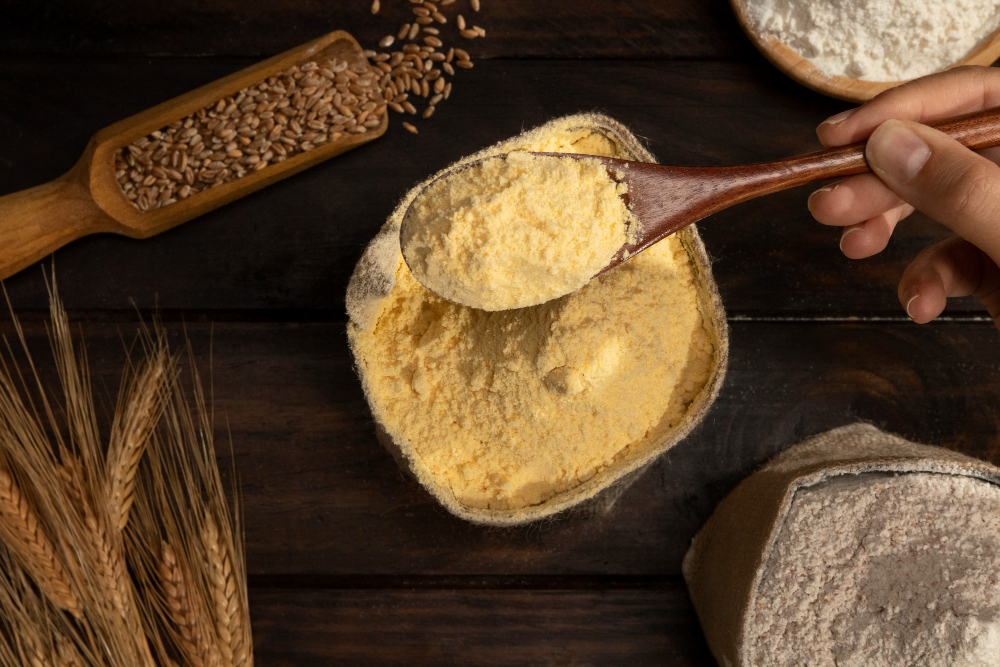
Sattu Nutrition: The Traditional Energy Booster
Sattu (roasted chana flour) is a protein-rich, high-fiber flour packed with essential minerals and sustained energy.
Per 100g (general values):
- Calories: ~350-413 kcal
- Protein: 20-22 g
- Carbohydrates: 55-64 g
- Fiber: 13-18 g
- Fat: 4-6 g
- Calcium: 70-119 mg
7. Soy chunks

Soy Chunks: The High-Protein Plant Powerhouse
Soy chunks are an excellent source of plant-based protein. They support muscle building, weight management, and bone health, making them a top choice for vegetarians and vegans.
Per 100g (general values):
- Calories: 345 kcal
- Protein: 52 g
- Carbohydrates: 33 g
- Fiber: 13 g
- Fat: 0.5 g
8. Lotus seeds (makhana)
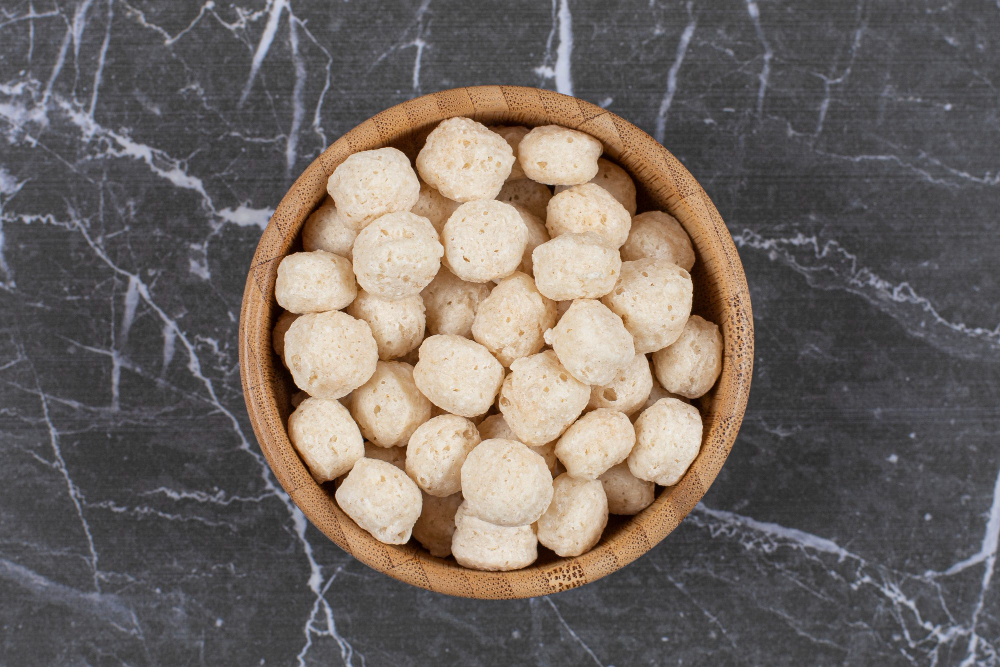
Soy Chunks: The High-Protein Plant Powerhouse
Lotus seeds, commonly known as makhana, are a light and crunchy superfood packed with protein, fiber, and essential minerals.
Per 100g (general values):
- Calories: 350–362 kcal
- Protein: 9.5–9.7 g
- Carbohydrates: 76–84.9 g
- Fiber: 7.6 g
- Fat: 0.1–0.5 g
Why Plant-Based Proteins Are Winning Hearts Across India
Choosing plant-based protein isn’t just about fitness—it’s about kindness to your body and the planet. More Indians are turning to these foods for clean energy, better digestion, and a lighter environmental impact. Eating this way makes you feel stronger, fresher, and more in tune with what nature offers.
Simple Tips to Add More Plant Protein to Your Daily Diet
- Mix lentils and grains for complete protein meals
- Snack on roasted chickpeas or nuts instead of chips
- Use tofu or paneer alternatives for high-protein curries
- Add chia or flax seeds to smoothies and yogurt
- Replace white rice with quinoa or millet for extra nutrition
FAQs
Q1. Which plant-based protein is best for vegetarians in India?
Lentils and chickpeas are the easiest, most affordable sources of plant protein in India.
Q2. Can plant protein replace animal protein?
Yes, when combined smartly, plant foods can offer all essential amino acids.
Q3. How much protein do I need daily?
On average, adults need about 0.8 grams per kilogram of body weight.
Q4. Is tofu better than paneer for protein?
Tofu has slightly less fat and more calcium, making it a great vegan alternative.
Q5. Can kids have plant-based protein?
Absolutely! Foods like dals, nuts, and peas are great for growing kids.
At Neu Deals, we recently featured a wellness brand offering organic protein powders made from pea and brown rice. Their sales grew by 35% within a month after listing their verified coupon codes on our platform. One happy user shared,
“I saved so much on my monthly protein refills thanks to Neu Deals. It’s my go-to for genuine offers.”
Want your brand to grow like this? Get in touch today for a free estimate on how we can feature your offers on Neu Deals.


